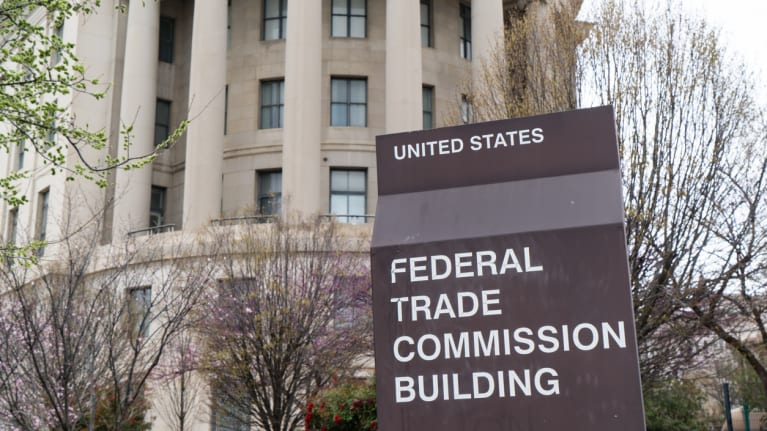Share
The New Year is a time for change—both personally and professionally. The Federal Trade Commission kicked off the new year with a historical proposal—one they hope will last, unlike so many unfulfilled New Year’s resolutions.
The Federal Trade Commission proposed a rule that would prohibit employers and employees from entering non-compete agreements. Employers could not ask paid or unpaid employees, independent contractors, interns, volunteers, or apprentices to sign a non-compete agreement. The FTC claims these agreements raise a number of concerns for all workers, even for those not bound by a non-compete agreement:
- Harm competition
- Suppress labor mobility
- Reduce wages
In a fact sheet accompanying the announcement, the FTC estimated that eliminating non-competes could increase employee earnings in the range of $250 billion to $296 billion per year. It also said the rule could address the agreements’ other impacts on innovation and worker mobility.
Non-Compete Ban Proposal Details
The proposed rule would apply retroactively. Employers would be required to rescind existing non-compete clauses and provide proper notice to workers that such clauses are no longer in effect within 45 days. It would also include a “limited exception” for non-compete clauses between the seller and buyer of a business.
The FTC elaborated that other forms of restrictive covenants (such as non-disclosure agreements and client/customer non-solicitation agreements) would not be included in the proposed law’s definition of a non-compete agreement. The language of the proposal is unclear, which would likely prompt employers to consider non-solicitation agreements and NDAs as alternatives to non-competes. Either way, if the final rule passes, another battle in the courts is expected.
LEARN: What’s the Difference Between NDAs, Confidentiality Agreements, and Non-Compete Clauses
Stakeholders will be permitted to make public comments on the proposal for a period ending 60 days after it is published on the Federal Register. A compliance date would likely be set 180 days after the publication of a final rule.
As with anytime there are new compliance rules, employers will need to review certain clauses in their employment agreements and determine whether or not they function as non-compete clauses in practice.
READ: Updating Employee Handbooks: Why, When, and How
More Information About the Fight Over Non-Compete Agreements
The commission’s announcement should not come as a total surprise. More than a year ago, President Biden issued an executive order encouraging the FTC to ban or limit the use of non-compete agreements. At the time, the White House said actions on non-competes would make it easier for workers to change jobs while raising wages.
Although non-compete agreements are typically associated with higher-ranking employees, a recent trend has shown more being created and enforced for everyday employees. A survey conducted by the Economic Policy Institute found that:
- Almost half of organizations require at least some of their employees to sign non-compete agreements
- Nearly a third of respondents in the survey said all employees at their establishments were required to enter into one of these agreements
A federal mandate like this would supersede any existing legislation centered around non-competes. Most states permit some form of non-compete agreements, while others have already passed laws limiting their use with varying success, including:
- California
- North Dakota
- Montana
- Oklahoma
- Colorado
- Illinois
- Maine
- Maryland
- New Hampshire
- Oregon, Rhode Island
- Virginia
- Washington
- Washington, D.C.
Industry news & tips sent straight to your inbox!
Enter your email below to subscribe to industry news, product updates, and tips.
For more information on HR topics, read our HR blog and follow Netchex on social media—Facebook, LinkedIn, and Twitter.
Related articles

Overtime Overruled: 2024 Overtime Rule Vacated, Reverts to 2019 Threshold

HR Rules + Legislation Updates: Overtime, Non-Compete, Joint Employer, and More

HR Legislation: 2024 Updates to Independent Contractors and Joint Employer Rules

